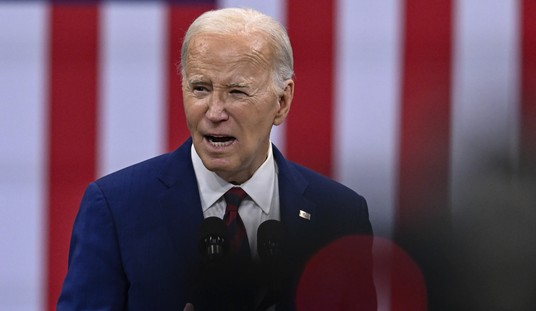Those who have convinced themselves that American football is incurably violent and shortens the life expectancy of those who play it -- I am thinking of George Will -- ought to read the study the American Journal of Cardiology published in March on the mortality of former NFL players.
Men who played in the NFL for at least five years over a period of three decades, the study demonstrated, had a lower mortality rate than the general population of American males.
However, in The Washington Post on Sunday, George Will wrote: "Various unsurprising studies indicate high early mortality rates among linemen resulting from cardiovascular disease. For all players who play five or more years, life expectancy is less than 60; for linemen it is much less."
The definitive study says otherwise.
A group of researchers at the National Institute for Occupational Safety and Health -- including Sherry L. Baron, M.D., Misty J. Hein, Ph.D., Everett Lehman and Christine Gersic -- conducted a study of mortality among 3,439 men who had played at least five years in the NFL between 1959 and 1988. Their report appeared in Volume 109, Issue 6 of the American Journal of Cardiology.
"Overall," the study concluded, "retired NFL players from the 1959 through the 1988 seasons showed decreased all-cause and (cardiovascular disease) mortalities compared to a referent United States population of men."
How could this be? How could men who most likely played four years of high-school football and then four years of college football before they even stepped foot on an NFL field -- where they would play for at least another five years -- end up having a lower mortality rate than men who did not play in the NFL?
Recommended
"Players' overall decreased mortality risk is likely explained by several factors," said the researchers.
For one, they are less likely to smoke. For another: "Players' body composition and high fitness levels likely contribute to their lower than expected overall mortality compared to the general United States population, especially given their increased size."
The NIOSH study said that in a group of 3,439 American male peers of the NFL veterans', 625.2 would have been expected to die by the end of 2007. Among the actual 3,439 NFL veterans, only 334 had died.
By a ratio of 126-to-186.2, NFL veterans were also less likely than their peers to die specifically of cardiovascular disease.
But what about Will's claims that "linemen" who play more than five years have a life expectancy "much less" than 60 and that there are "high early mortality rates among linemen resulting from cardiovascular disease"?
The NIOSH study divided the NFL players into three rough categories: 1) punters, kickers, quarterbacks, wide receivers and defensive backs, 2) halfbacks, fullbacks, linebackers, offensive ends and tight ends, and 3) offensive and defensive linemen. It discovered that all three categories -- including offensive and defensive linemen -- had overall mortality rates lower than the general population.
What the study did find is that defensive linemen -- but not offensive linemen -- had a higher mortality rate from cardiovascular disease in particular than their peers in the general population. This held true even when the data were controlled for body mass index and ethnicity, factors that correlate in the population with a higher mortality rate from cardiovascular disease.
In his column, Will pointed to three former NFL players -- Ray Easterling, Dave Duerson and Junior Seau -- who committed suicide in the past two years. Brain tissue from Easterling and Duerson, Will notes, showed evidence of chronic traumatic encephalopathy. Seau's brain tissue is being studied. The National Institute of Neurological Disorders and Stroke says CTE is caused "by repetitive blows to the head over a long period of time."
The NIOSH study indicated that NFL alumni are less likely to commit suicide than others. Whereas 21.8 men would have killed themselves in the general population, only nine NFL veterans did.
But the question about brain injury among NFL players is a serious one. In the NIOSH study, 12 of 3,439 players died of diseases of the nervous system and sense organs. Only 9.7 men in the general population would have died of these causes. NIOSH soon will complete a study examining in greater detail the mortality in this small group of former NFL players.
"Now, however," Will wrote, "accumulating evidence about new understandings of the human body -- the brain, especially, but not exclusively -- compel the conclusion that football is a mistake because the body is not built to absorb, and cannot be adequately modified by training or protected by equipment to absorb, the game's kinetic energies."
On ABC's "This Week," he said this was true "even further down to high school."
Will referred to football fans as "a tribe not known for savoring nuance." But Will's own column needed more of it.
Football provides its greatest service not to those who watch it but to those who play. The vast majority of football players are not professionals but amateurs -- including the 1,108,441 high-school boys who, according to the National Federation of State High School Associations, played in 2010 alone.
The rules can and should protect high-school boys from unreasonable risk of injury. But no scholastic activity could ever replace what they learn about hard work, perseverance, teamwork and courage from playing America's greatest game.

























Join the conversation as a VIP Member